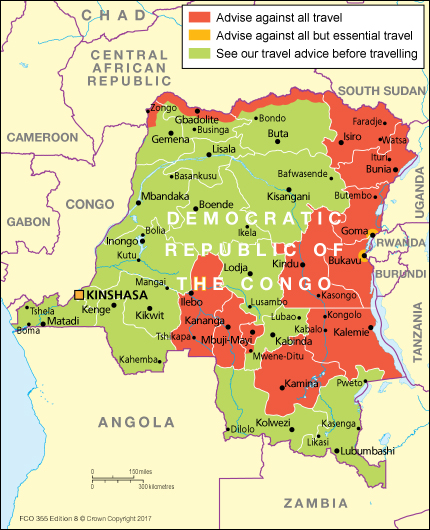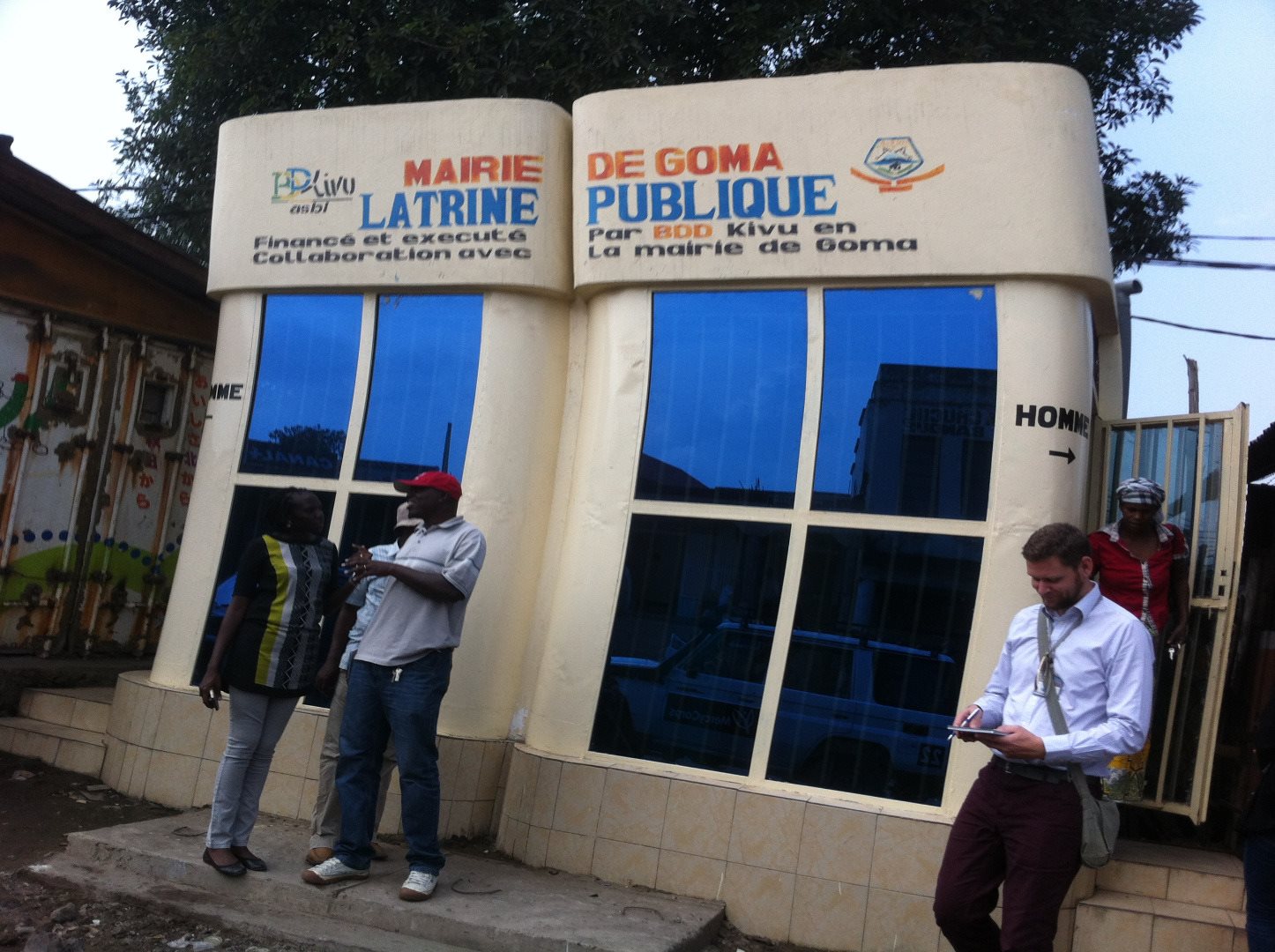Ebola is a dreadful disease with a very high mortality rate. About 83-90% of those who contract the disease will die.
Thought to originate in fruit bats, the first known case to affect humans was in August 1976 near the Ebola River in the Democratic Republic of Congo (DRC), from where the disease gets its name.
The symptoms include a high temperature, diarrhoea with blood, vomiting blood, abdominal pain, muscle pain, exhaustion and heavy, painful joints. Death often occurs within three days.
Ebola came to worldwide attention during the West African outbreak of 2014-2016, which killed more than 11,000 people over almost three years. So far, in the DRC, 100 people have died in the last five months.
The disease spreads through direct contact with the bodily fluids of a sick person. It’s also transmitted through the bodily fluids of sick animals and bats, including when people eat them. Contact can be as simple as eating a fruit which has been licked by a fruit bat, or coming into contact with bat guano.
This latest outbreak was first reported in May 2018 in the eastern part of the country, an area where the illness is made more dangerous because there is armed conflict within the region, making it harder for help those who are ill. About a third of the country is now affected badly enough that the authorities have advised against all travel.

The city of Goma is in the east of the DRC, close to the border with Rwanda. Home to one million people, it is the place where World In Need works in the DRC. Here is where our representatives live and help the most vulnerable – women and children who have been raped, then disowned by their families, who see their ordeals as shaming. We also support a school in this area, as well as a vocational course in tailoring.
So far, Goma has not seen any cases of the disease. The authorities are trying to ensure it stays this way, encouraging stringent hygiene practices, installing hand washing stations on street corners and mobile blood testing units. Motorcycle taxi drivers are forbidden to share spare helmets with passengers, and health workers check the temperatures of people entering the city.
So far, so good.
We pray that the outbreak will be contained and that the number of cases will not rise much more. We also pray that a cure for the disease, and a vaccine to prevent it, can be found before much longer, so that we can finally eradicate this nasty illness.
We will keep you updated on the situation.
